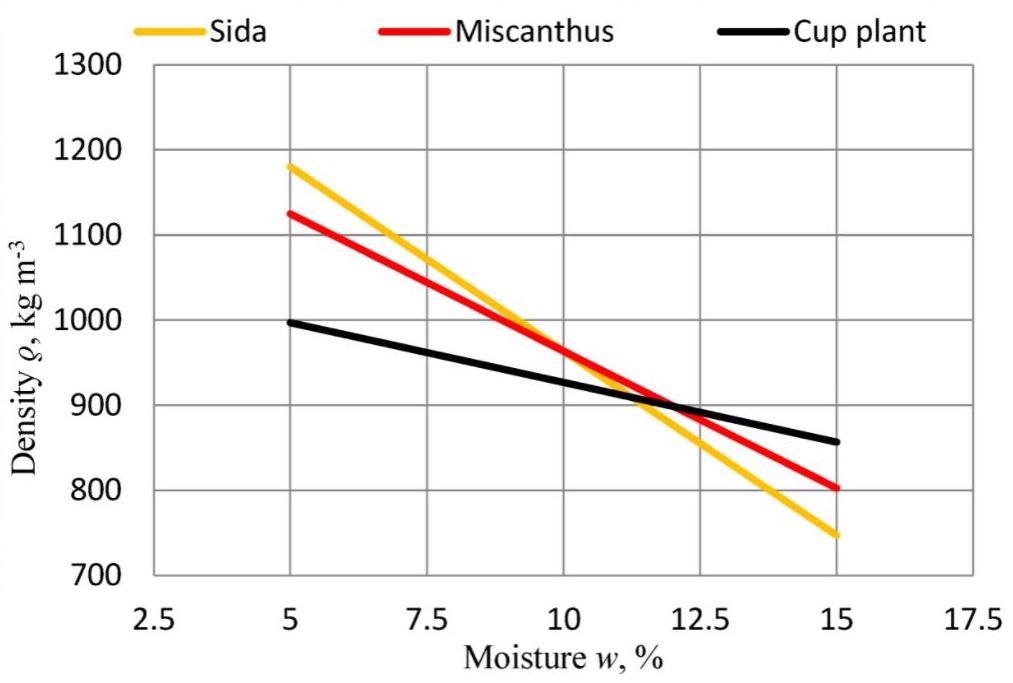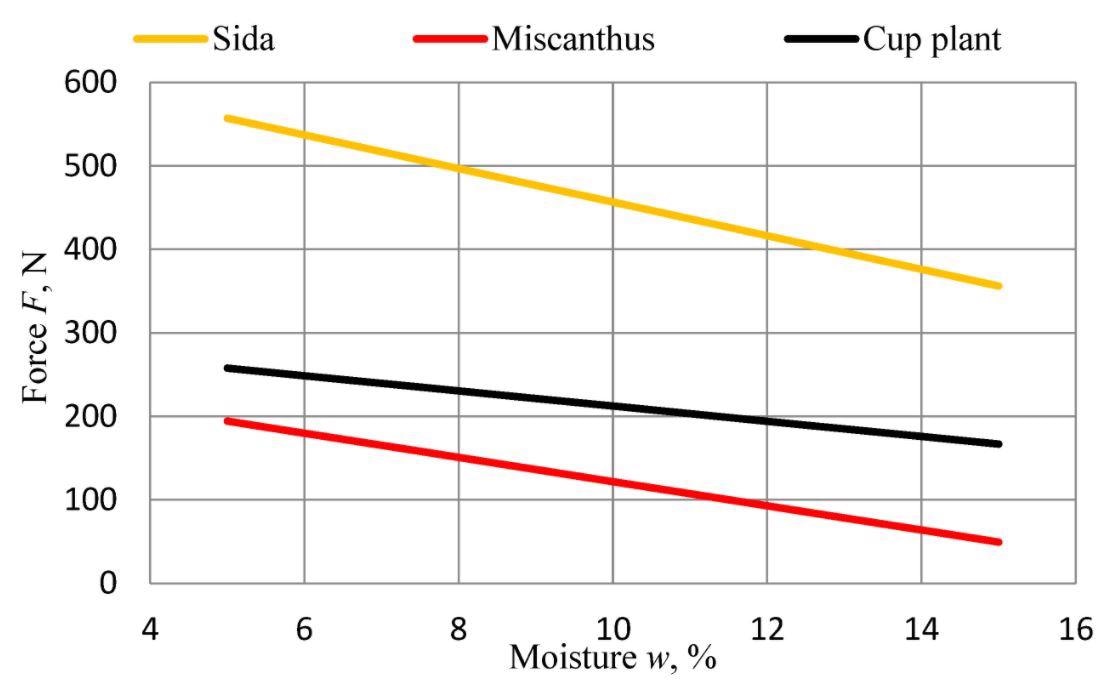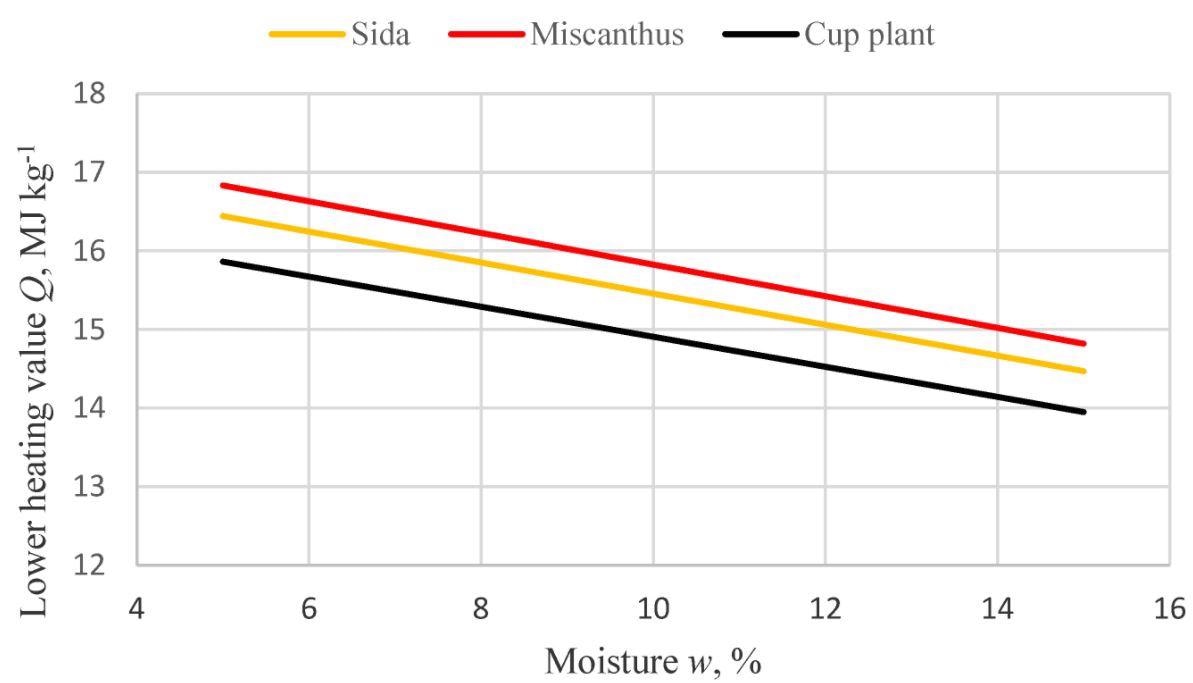Increasing energy demands is one of the main factors driving the need to enhance renewable energy sources and safeguard energy security in a world trying to reduce its reliance on fossil fuels.
Amongst solar, wind, hydro- and geothermal energy sources, biofuels are emerging as potential energy sources. These fuels are produced via contemporary processes that use biomass such as plant or algae material or animal waste as their primary source.
Biomass is an environmentally friendly energy source, which can help reduce carbon emissions. The use of biomass is a viable alternative to fossil fuels, which can reduce GHG emissions.
As researchers across the world are investigating and developing biomass compaction technologies, such as granulation, briquetting, and others, a team of researchers at Vytautas Magnus University Agriculture Academy in Lithuania also evaluated the influence of moisture on processed biofuel pellets, in a study published in the journal Sustainability.
Biofuels as Viable Alternative
As present-day concerns are focused on the reduction of greenhouse gases, the use of renewable energy resources, including biomass in particular, is a growing concern across the world. While environmentally friendly biofuels would go some way to helping combat the climate crisis, the increasing uptake of newer technologies also demands more research.

Dependence of density of biofuel pellets on moisture. Image Credit: Jasinskas, A et al., Sustainability
“For a better understanding of plant biomass suitability for biofuel production, it is very important to know the elemental and chemical composition of biomass, which is defined as the percentage of chemical elements that make up biomass,” explains professor Algirdas Jasinskas, corresponding author and chief researcher at the Department of Agricultural Engineering and Safety, at Vytautas Magnus.
In addition to understanding the elemental and chemical composition, sustainability is also a leading factor in the research, as environmental preservation is of great importance when producing biomass-derived biofuels.
“Lithuania has particularly good conditions for growing and using wood, agricultural, and energy crops for energy purposes. In the past, the main source of fuel was wood from forests, but in recent years biomass from various plants has been used for this purpose,” says Jasinskas.
The team also maintains that environmental protection should be factored into the considerations of biofuel production. This new and valuable research presents an opportunity to evaluate both the properties and quality of plant processing and utilization for solid biofuels.
Biofuel Qualities
Biofuel pellets are made from compressed organic matter and can be made from energy crops of coarse stem herbaceous plants; as such, they do not require the use of fertilizers, as the plant biomass used is largely unaffected by soil and weather conditions.

Dependence of destructive compressive force (compressive strength) of biofuel pellets on moisture. Image Credit: Jasinskas, A et al., Sustainability
Among the plants investigated in the study was Miscanthus (Miscanthus sinensis), commonly known as Chinese reed, which was preferred for its high potential to absorb and convert solar energy resulting in a high yield of plant biomass during the photosynthesis process.
“Because of its high content of lignin, Miscanthus biomass can be used to produce cellulose, and it is also environmentally friendly due to its low emissions of nitrogen oxides,” states Jasinskas.
Furthermore, Miscanthus has good chemical, physical, and mineral properties and can be utilized as an eco-efficient additive in cement production and as a fertilizer for plants. Miscanthus can also be used to produce wood fiber, and some species are viable options for rapid pyrolysis to produce bio-oils.
The team also investigated the qualities of Sida and Cup plants both of which can be grown for energy harvesting purposes and can also increase biodiversity and economic profitability for farmers.
One of the main features of Sida is that it can yield twice as much energy as wood per hector, annually as well as its suitability for preexisting harvesting methods - the same techniques can be used when harvesting and processing other tall crops, such as maize, Jerusalem artichokes, and others can be applied to Sida.

Dependence of lower heating value of biofuel pellets on moisture. Image Credit: Jasinskas, A et al., Sustainability
Utilization For Solid Biofuels
In their evaluations, the team determined that coarse stem plants – such as Sida and Miscanthus – can be used as viable biofuel for pressing but awareness of the plant moisture content is key. If the plant biomass demonstrates high levels of moisture then additional energy is required to dry out the plant.
Moisture affects the quality of the biofuel as well as the preparation, so this must be below 20% - ideally 13-15% - before granulation or pressing into pellets. Moisture will also determine the quality of other key properties.
Therefore, the team also evaluated a range of other key factors, including the physical, mechanical, and chemical properties of coarse stem herbaceous plant pellets. These factors have an influence on any harmful emissions that may be released as to when the biofuels are combusted.
The results of the research have revealed that when preparing biofuel pellets from coarse stem herbaceous plants, ecological biofuel is generated. Sida was considered to be the most suitable plant for the preparation of granulated biofuel; the detected concentrations of harmful gases did not exceed the permissible levels.
References:
Jasinskas, A.; Kleiza, V.; Streikus, D.; Domeika, R.; Vaiciukevičius, E.; Gramauskas, G.; Valentin, M.T. Assessment of Quality Indicators of Pressed Biofuel Produced from Coarse Herbaceous Plants and Determination of the Influence of Moisture on the Properties of Pellets. Sustainability 2022, 14, 1068. https://www.mdpi.com/2071-1050/14/3/1068
Disclaimer: The views expressed here are those of the author expressed in their private capacity and do not necessarily represent the views of AZoM.com Limited T/A AZoNetwork the owner and operator of this website. This disclaimer forms part of the Terms and conditions of use of this website.